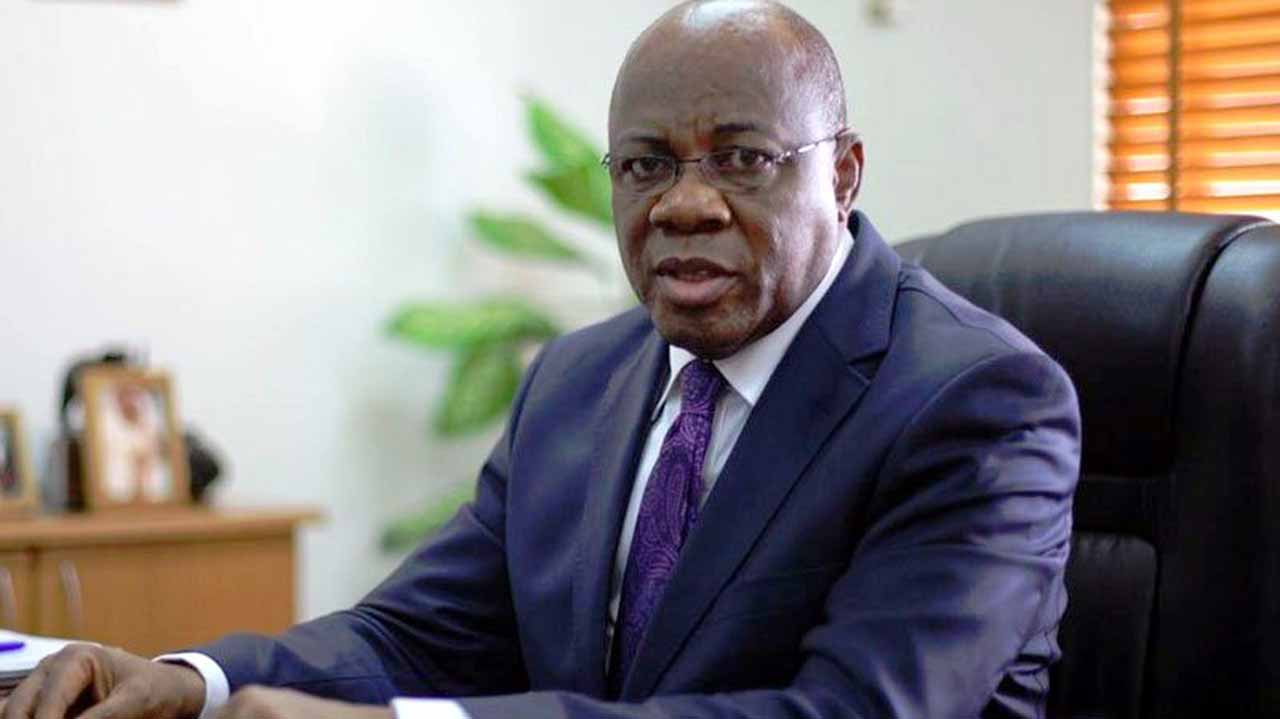
As debate on the Tax Reform Bills rages, a Senior Advocate of Nigeria (SAN), Dr Olisa Agbakoba, has canvassed devolution of powers in Nigeria, highlighting the need to restructure the country’s centralised tax system, to unlock its revenue potential.
According to him, the bill has implications beyond revenue distribution, touching on the core principles of federalism.
Agbakoba, in a statement, argued that the current tax structure undermines the ability of state and local governments to innovate and capitalise on their unique revenue-generating capacities.
He emphasised that duties like Value Added Tax (VAT), which are inherently consumption or sales levies, should be the domain of state and local governments rather than the Federal Government.
“Consumption and sales taxes are generally not matters concerned with the Central Government,” he said, stressing that the “Federal Government’s overreach in revenue collection stifles creativity and self-reliance at sub-national levels.”
Agbakoba observed that the centralised tax system had led to an over-dependence of states on federal allocations, a situation he deemed unsustainable in the long run.
The senior lawyer went on: “The stampede by states to lean on the Federal Government for revenue support and subsidy is based on over-centralisation.”
He sought the abolition of VAT as a federally collected tax and its transfer to state and local governments.
The rights activist pointed to the untapped potential within states, citing Plateau with its flat savannah lands.
He explained that Plateau could become a hub for agricultural production, capable of feeding Africa.
Agbakoba also drew attention to the broader implications of over-centralisation, arguing that the Federal Government should focus on its core constitutional responsibilities rather than acting as a “mere collecting agency to distribute revenue to the states.”
Advocating for political devolution, he stated that restructuring the tax system could unlock hidden revenue potential across Nigeria, and foster creativity and self-sufficiency at the grassroots level.



![[FILES] A picture shows the Argentinian flag. (Photo by DANIEL LEAL-OLIVAS / AFP)](https://cdn.guardian.ng/wp-content/uploads/2020/11/Argentina-.jpg)


